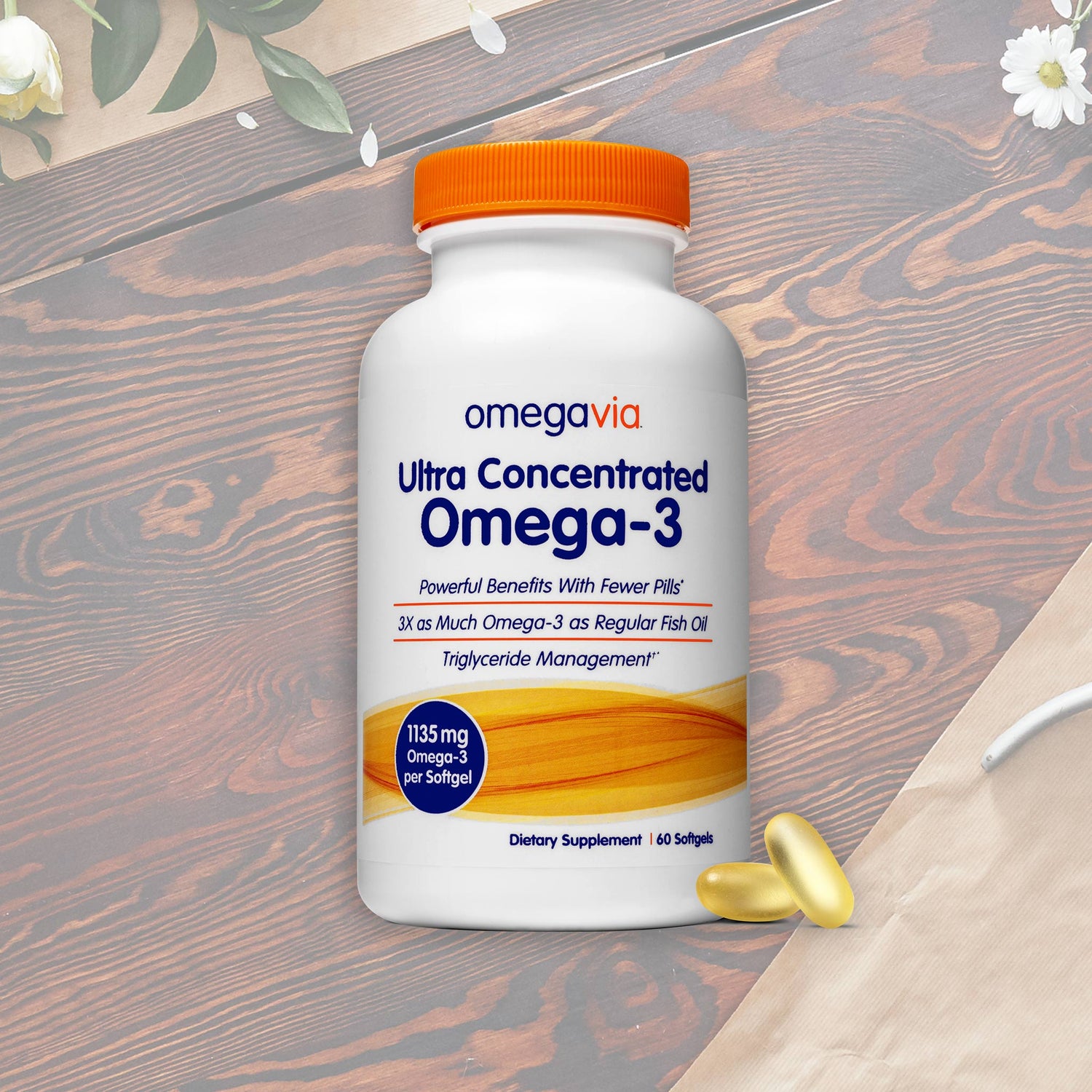Articles
Ready for School: Preparing Your Child for Academic Success
Hi. I'm Doctor Jennie. Welcome to Kid's Corner. Today, we're gonna be talking about 'school readiness', which is important any time of the year, but especially at the start of...
Ready for School: Preparing Your Child for Acad...
Hi. I'm Doctor Jennie. Welcome to Kid's Corner. Today, we're gonna be talking about 'school readiness', which is important any time of the year, but especially at the start of...
Positive Parenting: Strategies for Raising Happy, Healthy Kids
Hi. I'm Doctor Jennie with Kid's Corner. Today, I will be talking about something called 'positive parenting'. If you're watching this, you know that parenting can be challenging. Trying to...
Positive Parenting: Strategies for Raising Happ...
Hi. I'm Doctor Jennie with Kid's Corner. Today, I will be talking about something called 'positive parenting'. If you're watching this, you know that parenting can be challenging. Trying to...
Calm in the Storm: Managing Your Child's Tantrums Effectively
Hi. I'm Doctor Jennie, and welcome to another edition of Kid's Corner. Today, we're going to talk about a challenging topic that all parents face at one time or another:...
Calm in the Storm: Managing Your Child's Tantru...
Hi. I'm Doctor Jennie, and welcome to another edition of Kid's Corner. Today, we're going to talk about a challenging topic that all parents face at one time or another:...
From Battle to Bonding: Transforming Your Child's Bedtime Routine
Welcome to another Kid's Corner. I'm Doctor Jennie, and today I'm talking about bedtime battles. Do you dread your child's bedtime? Does bedtime feel more like a battle than a...
From Battle to Bonding: Transforming Your Child...
Welcome to another Kid's Corner. I'm Doctor Jennie, and today I'm talking about bedtime battles. Do you dread your child's bedtime? Does bedtime feel more like a battle than a...
Coughs and Colds 101: Keeping Your Child Healthy During Winter
Hi. I'm Doctor Jennie Gary. Welcome to another episode of Kid's Corner. Today, we're going to be talking about the dreaded cough and cold season. Have you ever felt like...
Coughs and Colds 101: Keeping Your Child Health...
Hi. I'm Doctor Jennie Gary. Welcome to another episode of Kid's Corner. Today, we're going to be talking about the dreaded cough and cold season. Have you ever felt like...
Beyond Distraction: Helping Your Child Overcome Attention Challenges
Welcome back to another Kid's Corner. I'm Doctor Jennie, and today we're going to be talking about a topic that's becoming increasingly more common in children - poor attention and...
Beyond Distraction: Helping Your Child Overcome...
Welcome back to another Kid's Corner. I'm Doctor Jennie, and today we're going to be talking about a topic that's becoming increasingly more common in children - poor attention and...


